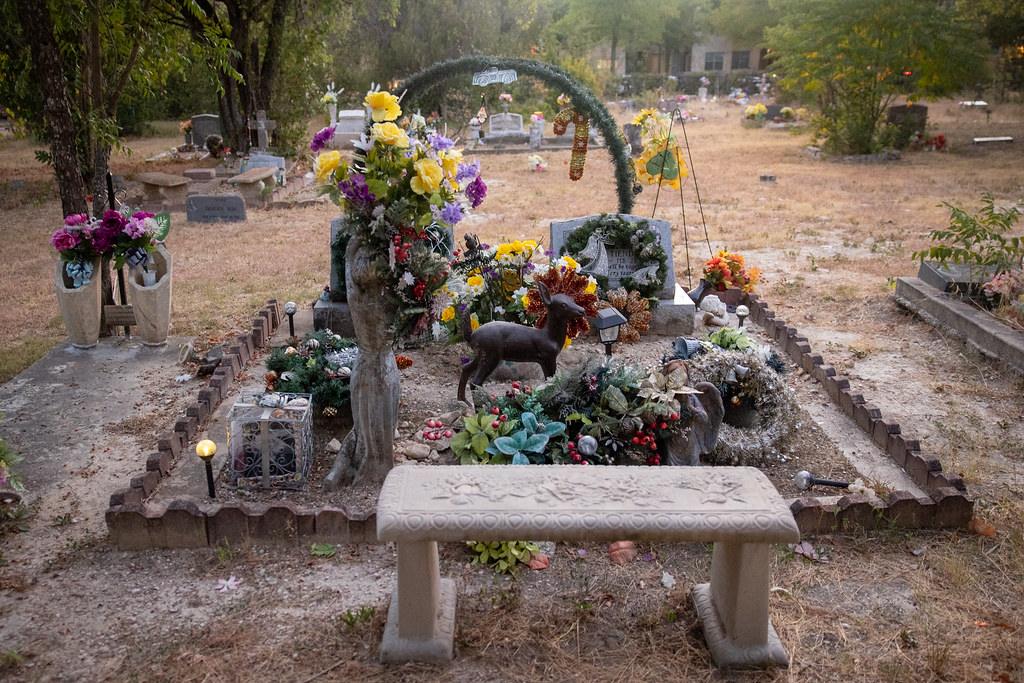In the heart of Huntsville, Texas, lies the Captain Joe Byrd Cemetery, the largest prison graveyard in the United States. Established in the mid-1800s, this cemetery spans 22 acres and serves as the final resting place for numerous inmates who have passed away while serving their sentences. As per to the source 987thebomb
A Historical and Human Perspective
The cemetery has seen over a century of burials, reflecting the changing demographics and social conditions of the inmate population. Its large size and the number of burials each year underscore the ongoing issues within the prison system and the broader societal implications.
Restoration and Respect
In the 1960s, the cemetery underwent significant restoration, ensuring that it remains a dignified resting place for those who die in Texas prisons. This effort reflects a broader commitment to treating all individuals with respect, even in death.
Not an Automatic Fate
When a prisoner in Texas dies, the first step is to contact relatives or friends to see if they wish to claim the body for private burial. If no one steps forward or the offer is declined, the deceased inmate is buried in the Captain Joe Byrd Cemetery.
This process ensures that the inmates are given a respectful burial, regardless of their circumstances.

A Reflection of Socioeconomic Status
Contrary to popular belief, being buried in a prison cemetery does not necessarily mean the individual was a notorious criminal.
According to Franklin T. Wilson, an assistant professor of criminology at Indiana State University, most inmates buried at Captain Joe Byrd Cemetery are there because of their socioeconomic status. “This is more of a case of if you’re buried there, you’re poor,” Wilson explains.
Related Articles:
- Green Sea Turtles Trapped in Jetty Rocks as Storm Hits Texas Coast
- Texas Man Faces Charges for Flying Drone Near Rangers Playoff Game
- North Texas Attorney Advocates for Change in Sexual Abuse Statute of Limitations
Counting the Burials
The exact number of burials at Captain Joe Byrd Cemetery varies. Texas prison officials have verified approximately 2,100 burials, but Wilson’s research, which includes photographing every headstone, suggests the number could be closer to 3,000. This discrepancy highlights the challenges in maintaining accurate records over such a long history.

